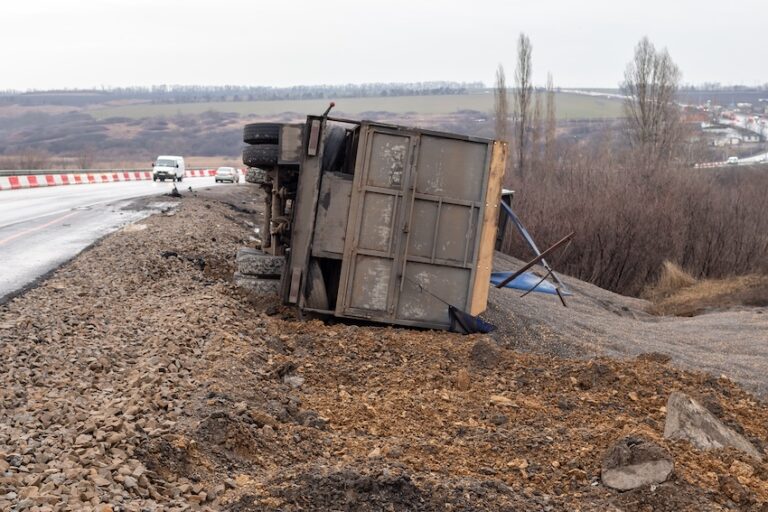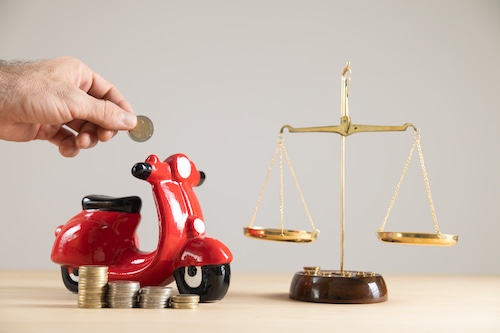
Understanding Rights of Truck Accident Victims in Georgia
You Were Hit by a Truck—and the Damage Feels Overwhelming A collision with a tractor-trailer on I-75 near Macon, a delivery rig along I-285 in Atlanta, or an 18-wheeler traveling
Home » Blog

You Were Hit by a Truck—and the Damage Feels Overwhelming A collision with a tractor-trailer on I-75 near Macon, a delivery rig along I-285 in Atlanta, or an 18-wheeler traveling

You Were Hurt at Work—and Now You’re Worried About Losing Your Job Getting injured on the job can turn everyday stability into uncertainty. For workers across Georgia—from job sites near

Why Accidents Involving Delivery Drivers Are Legally Different Delivery vehicles are now a constant presence on Georgia roads, from Amazon vans traveling I-285 around Atlanta to last-mile drivers navigating residential

Understanding Georgia Truck Accidents and Your Legal Rights A Georgia truck accident is rarely comparable to a standard car crash. Collisions involving tractor-trailers, delivery trucks, and other commercial vehicles often

When Equipment Defects Turn Georgia Highways Into Danger Zones Commercial trucks dominate Georgia’s highways, transporting goods across Interstate 85, Interstate 75, and countless other roadways that connect Atlanta, Alpharetta, Augusta,

Understanding Why Georgia Truck Collisions Require a Strategic Legal Approach Across Georgia—from the busy freight routes along I-75 through Atlanta, to the industrial corridors near Savannah’s Garden City Terminal, to

Georgia’s Leading Truck Accident Attorneys Who Know How to Win You were driving on I-75 when an 80,000-pound tractor-trailer crossed into your lane. In seconds, your life changed forever. Now

Commercial truck accidents on Georgia’s highways claim lives and cause catastrophic injuries every year. Whether you’re traveling I-85 through Atlanta, I-75 near Macon, or I-285 around the perimeter, sharing the

Hit by a Car as a Pedestrian: What You Need to Know Right Now Getting hit by a car as a pedestrian can cause serious injuries, high medical bills, and

Challenges in a Motorcycle Accident Lawsuit in Georgia We are 1Georgia Personal Injury Lawyers, a Georgia-based law firm dedicated to helping injured clients recover compensation after serious accidents. We focus

Helmet Laws and Their Role in Georgia Motorcycle Accident Claims We are 1Georgia Personal Injury Lawyers, a Georgia-based firm devoted to representing injured motorcyclists and other accident victims. We bring

Motorcycle Accident Lawyer: Why Legal Help Matters in Georgia At 1Georgia Personal Injury Lawyers, we are committed to standing up for accident victims across Georgia. Our law firm has years